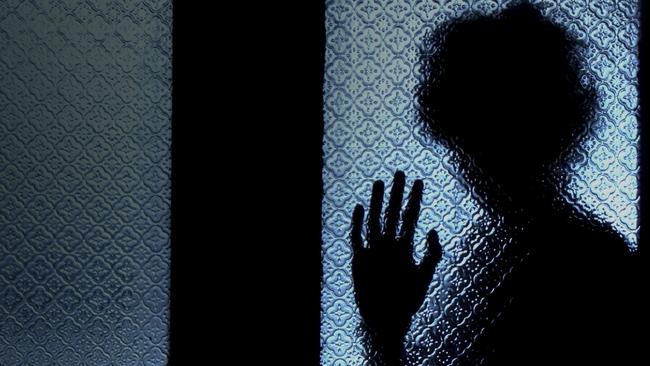Extremist and violent students would be taught under distance education scheme
A RADICAL overhaul of NSW school safety laws will give new powers to principals to force “significant risk” to study through remote education.

NSW
Don't miss out on the headlines from NSW. Followed categories will be added to My News.
- Students outline reasons behind powerful anti-bullying video
- Bullies should be expelled or dealt with by police: students
- Schools struggle to contain students’ sexting and cyber-bullying
VIOLENT or radicalised students would be banned from classrooms and forced to finish their education at home under the biggest shake-up of school safety laws in 30 years.
Until now, principals have been powerless to sanction pupils for criminal acts or threats to other students committed outside of school hours or away from school grounds.
This has seen students on bail for sexual crimes being allowed to return to the same school as their victim, or a principal being powerless to exclude a student who was stopped at the airport on his way to join terrorists.
Under the new laws, to be introduced into state parliament this week, students who pose “a significant risk” will be forced to enrol in distance education, where they would be monitored and taught online from home while the danger they pose to classmates and teachers is assessed.
Acts deemed to be a significant risk include supporting terrorism, exhibiting extremist behaviour, serious cyber-bullying or sexual assault, especially in cases where a student may have been charged but released on bail.
In a recent case police informed a Sydney selective high school of a student who was stopped from flying to Syria, where he had planned to fight for Islamic State.
“These are commonsense changes to the Education Act.”
Despite police concerns and the school becoming aware of the student’s extreme ideologies, the principal was unable to stop the student attending classes as his behaviour wasn’t directly related to the school.
In another case, a “bright” but sex-obsessed 12-year-old boy was allowed to continue attending his comprehensive high school in Sydney despite being on bail for killing a possum and injuring a neighbour’s dog.
As the two incidents happened on a weekend, the school was powerless to suspend him despite teachers becoming increasingly concerned at his “obsession” with rape and murder, and a sexual interest in young girls.
Under the proposed Education Amendment (School Safety) Bill 2017, school principals can direct such students not to attend school but to access lessons via distance education, no matter when or where they break school rules.
Distance education is normally used by children living in remote bush areas where they are taught at home instead of attending classes on school grounds.
RELATED:
The new laws also provide for risk-management strategies to be developed to enable a student to attend school in the future.
The changes followed extensive consultation with NSW Family and Community Services and the Advocate for Children and Young People.
State Education Minister Rob Stokes said the new laws were designed to bring the 30-year-old Education Act up to date with the threats posed by radicalisation, social media and higher community standards.
“These are commonsense changes to the Education Act that bring us into line with other jurisdictions,” Mr Stokes said.
“It’s a sensible solution to dealing with modern-day problems that were not anticipated when the Education Act was drafted almost 30 years ago.
“The measures in this Bill are being put in place to uphold the public’s expectation that schools remain safe, secure and collegial environments for both students and staff.”
